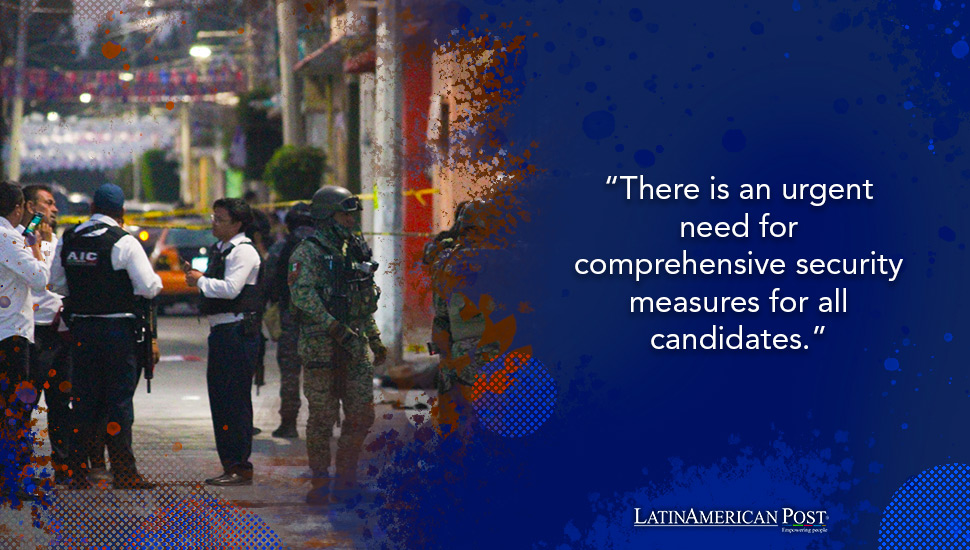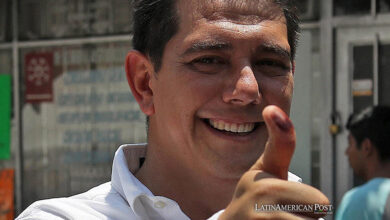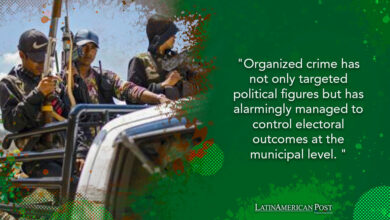Electoral Violence in Mexico: A Call for Protection and Peace

The Mexican government acknowledged the murder of 15 electoral candidates and received over 100 protection requests amid escalating violence. This unsettling trend ahead of the June 2 elections underscores the urgent need for comprehensive security measures for all candidates.
As Mexico gears up for its largest electoral event in history, with over 20,000 positions up for grabs on June 2, the pre-election atmosphere is marred by a disturbing wave of violence against political candidates. The Mexican government, acknowledging the severity of the situation, confirmed the assassination of 15 candidates since the official campaign season began on October 1. Additionally, more than 100 protection requests from candidates fearing for safety have been lodged.
Government Response and Official Tally
Rosa Icela Rodríguez, the Secretary of Security and Citizen Protection, detailed in a press conference that among the victims, two were officially registered candidates, five were pre-candidates, and eight were aspirants, merely expressing their intent to run for office. The Mexican government, led by President Andrés Manuel López Obrador, has vowed to ensure the safety of candidates, employing a plan that includes deploying the National Guard in areas plagued by insecurity.
This official homicide tally is the first released by the Mexican government and is notably lower than figures reported by civil organizations. For instance, Data Int, a consultancy, reported 28 electoral-related murders, while Data Cívica documented 10 in the first two months of 2024 and an additional 11 in the latter half of 2023.
Rodríguez revealed a collaborative strategy with the National Electoral Institute (INE) to swiftly address the protection needs of federal candidates, promising resolution within 72 hours. As of April 1, 108 protection requests were filed, with the majority addressed promptly.
Scope of Protection Requests
The requests span various political ambitions, including three presidential candidates, seven gubernatorial hopefuls, 27 Senate contenders, and 71 legislative aspirants. Many of these requests came from candidates affiliated with the ruling party, although opposition members sought protection.
The situation in Mexico reflects a broader trend of electoral violence in Latin America, where countries like Colombia, Honduras, and Brazil have experienced similar challenges. In Colombia, for example, the 2022 elections were marked by threats and attacks against candidates and activists, highlighting the pervasive issue of political violence in the region. Honduras has seen its fair share of political violence, with candidates and party members targeted in the lead-up to elections. Brazil, too, faced increased electoral violence during its 2022 presidential campaign, illustrating the region-wide need for enhanced security measures for political figures.
A Call for Regional Collaboration
The escalating violence against political candidates in Mexico is not just a national crisis but also a regional concern, reflecting the volatile intersection of politics, crime, and social unrest in Latin America. The Mexican government’s response, though a step in the right direction, underscores the need for a more robust and coordinated effort to safeguard the democratic process and ensure the safety of all candidates, regardless of their political affiliation.
As Mexico prepares for this monumental election, the international community and regional partners must closely monitor the situation, offering support and collaboration to address the underlying causes of electoral violence. Ensuring a peaceful and fair electoral process in Mexico is crucial not only for the country’s democratic integrity but also as a model for combating electoral violence throughout Latin America.
Also read: Mexico’s Workweek Reduction Dilemma
The Mexican government’s acknowledgment of the murders and the surge in protection requests from candidates is a stark reminder of the threats to democracy and peace in the region. As Latin American countries continue to grapple with the challenges of political violence, the international community’s role in supporting and promoting safe electoral environments becomes increasingly vital. Mexico’s upcoming elections are a critical juncture for the nation and the region, highlighting the imperative for comprehensive security strategies and a united stand against violence in the political arena.





